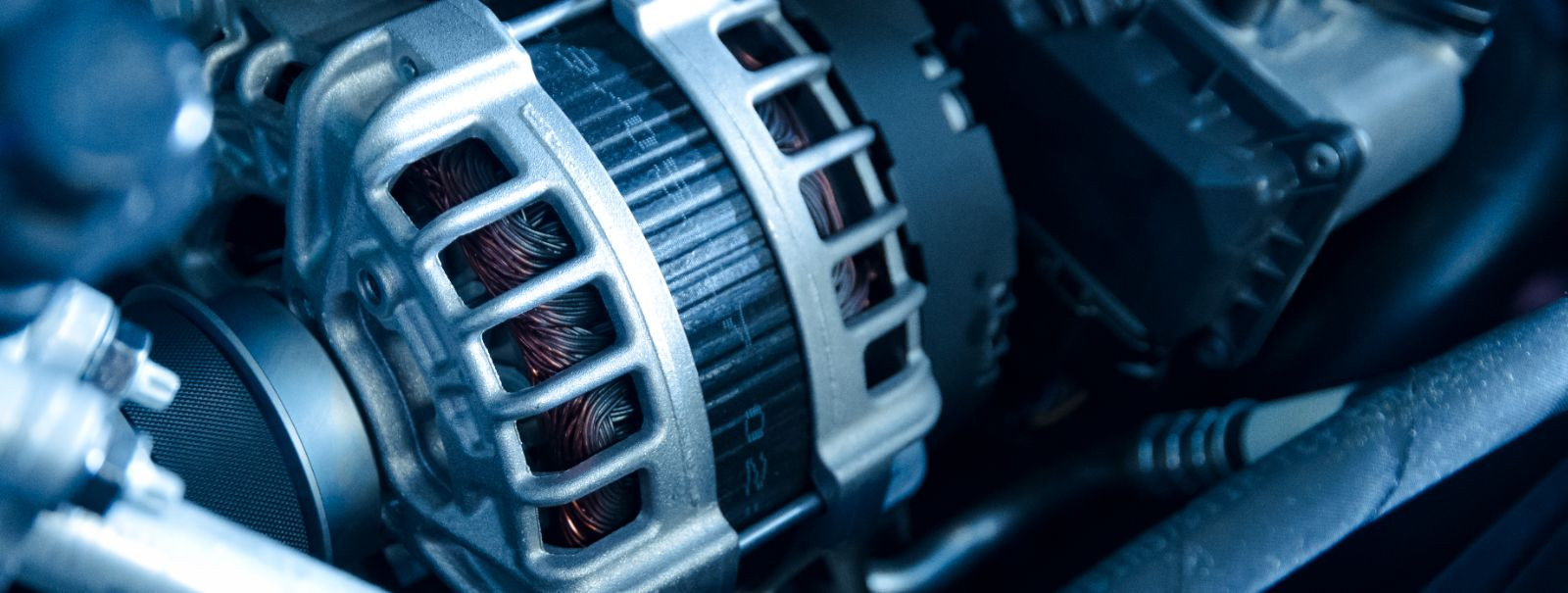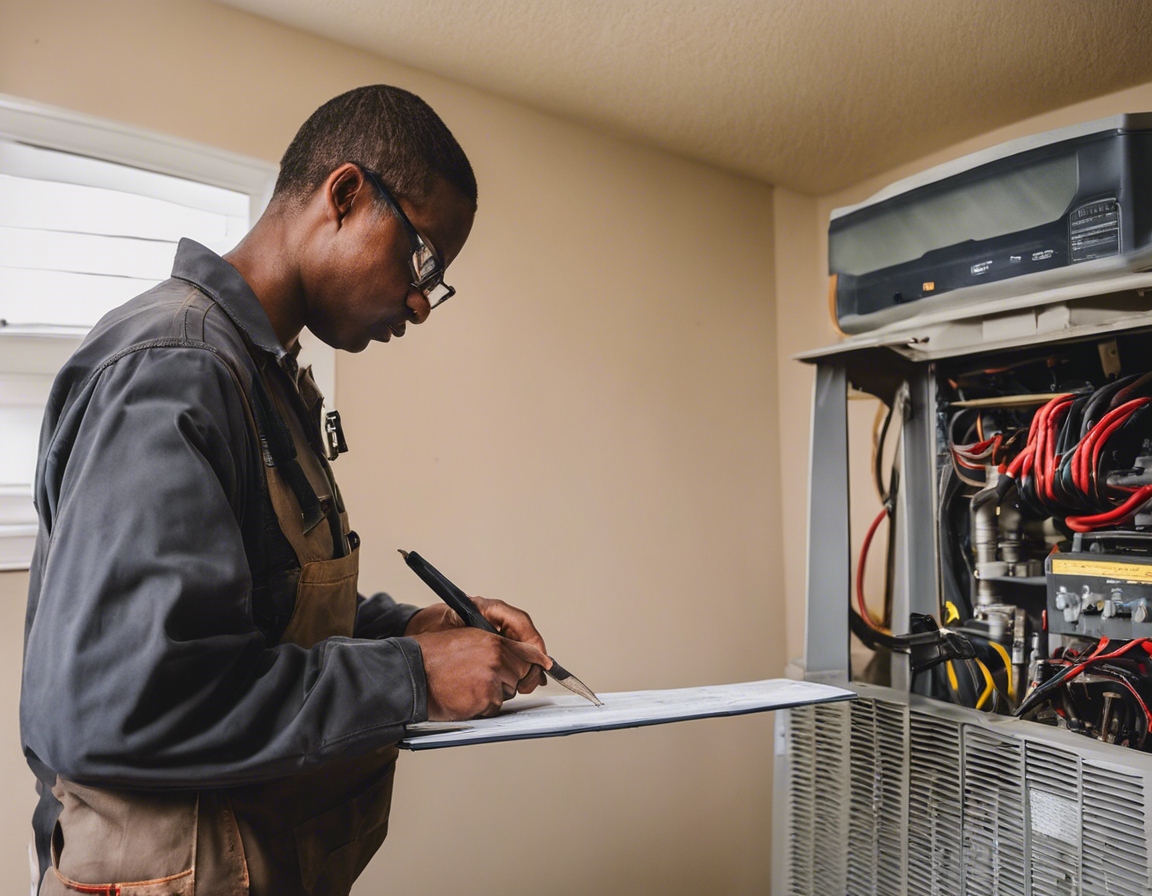5 signs you need to upgrade your generator
Generators are the backbone of industrial and commercial operations, ensuring a continuous power supply that keeps businesses running smoothly. However, like any piece of machinery, generators have a lifespan and must be maintained or upgraded to ensure reliability and efficiency. In this post, we'll explore five signs that indicate it's time to upgrade your generator.
Understanding the Importance of a Reliable Generator
For industries and commercial entities in Tallinn and Harju County, a generator is not just a backup plan; it's an integral part of daily operations. From construction sites to manufacturing plants, a reliable power source is critical for productivity and safety.
Generator failure can lead to significant losses, including operational downtime, spoiled materials, and compromised safety. It's essential to recognize the signs that your generator may need an upgrade before it leads to a critical situation.
Sign #1: Frequent Repairs and Downtime
If your generator requires frequent repairs, it's a clear sign that it's no longer reliable. Downtime can disrupt operations, leading to project delays and financial losses.
Consistent repairs also mean increased maintenance costs. When these costs become too high, investing in a new generator may be more economical in the long run.
Sign #2: Inefficiency and Increased Fuel Consumption
An inefficient generator not only costs more to operate but also has a larger environmental footprint. For eco-conscious businesses, this is a significant concern.
Increased fuel consumption leads to higher operating costs. Upgrading to a more efficient generator can reduce these costs and improve your bottom line.
Sign #3: Insufficient Power Capacity
As your business grows, so do your power needs. If your current generator can't keep up with demand, it's time to consider an upgrade.
Choosing a generator with higher capacity can prepare your business for future expansion and prevent power supply issues.
Sign #4: Difficulty in Sourcing Parts
Older generators may have parts that are difficult or impossible to find. This can lead to extended downtime and higher costs when repairs are needed.
Supply chain disruptions can exacerbate the issue, making it prudent to upgrade to a generator with readily available parts.
Sign #5: Non-Compliance with Regulations
Regulatory standards for generators are continually evolving. An outdated generator may not meet current environmental or safety regulations, putting your business at risk of non-compliance penalties.
Moreover, an older generator may pose health and safety risks to your employees. Upgrading to a model that meets modern standards is crucial for maintaining a safe work environment.






Comments (0)